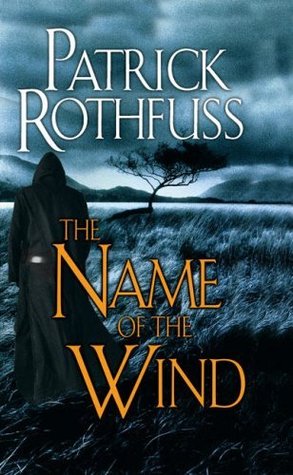This short story is a masterful piece of short fiction. The premise is simple: the story is told over the course of two runs – one a morning jog and the other a competition. During these excursions we learn about the narrator, the runner, why he is where is and why he is running. His story is interesting and he is a sympathetic character, but, more importantly, we learn how he uses running to free himself from the restraints of society and code: “Because when on a raw and frosty morning I get up at 5 o’clock and stand shivering my belly off on the stone floor and all the rest still have another hour to snooze before the bells go, I slink downstairs through all the corridors to the big outside door with a permit running-card in my fist, I feel like the first and last man on the world, both at once, if you can believe what I’m trying to say.” The narration is in real-time, following the runner’s thoughts as he makes his way over the morning course and then during a competition.
As the title suggests, this story is about running, even though it is a device for a very different story. It will appeal to anyone who has ever run, either competitively or recreationally. Certainly, the “loneliness of the long distance runner” has a metaphorical meaning as well as a literal one in this story, but it is also a universal feeling, as most runners, at any given time, have felt the solitude, the silence, of running along wooded trails, or in urban areas, or, as I felt during my first 10k, within a crowd of 10,000. Sillitoe evokes this feeling perfectly, the inner monologue narration capturing not only the meanderings of the runner’s brain, but also the emotion and adrenaline of the competition.
Beyond the workings of the runner’s mind is a deeper story, the personal life and goals of the runner himself, and Sillitoe manages to present all sorts of conflict, from social to generational, behind the immediate act of the morning run or afternoon competition. In the end, it becomes unified, and we see not that the runner succeeds, but that he had succeeded long before he set that first foot on the cold floor: “Then he turned into a tongue of trees and bushes where I couldn’t see him anymore, and I couldn’t see anybody, and I knew what the loneliness of the long-distance runner running across country felt like, realizing that as far as I was concerned this feeling was the only honesty and realness there was in the world and I knowing it would be no different ever, no matter what I felt at odd times, and no matter what anybody else tried to tell me.” Brilliant.
5 hours ago





No comments:
Post a Comment